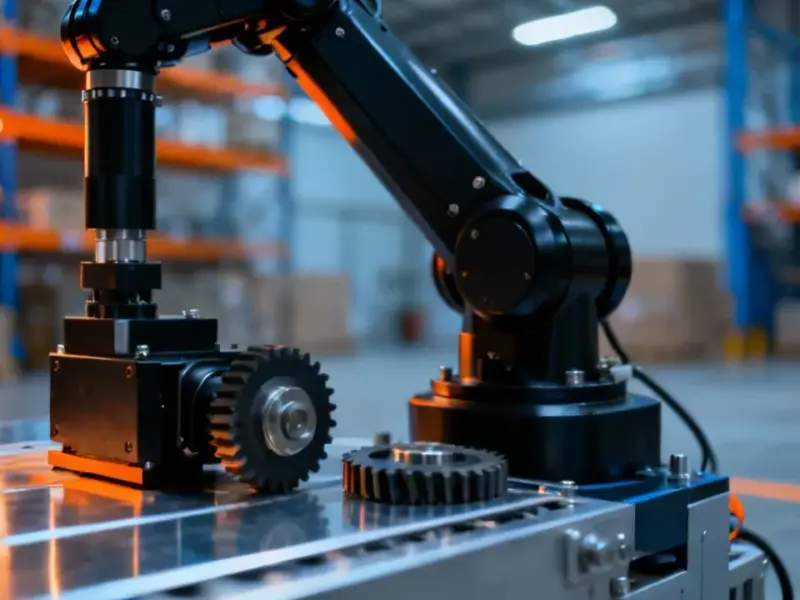According to Forbes, PPG—one of the world’s largest paint and coatings manufacturers with over 44,000 employees across 70 countries—has made emotional intelligence a core competency for every employee. Under Dr. Christine Boring, Global Head of Leadership Development, the company embedded EQ into its leadership DNA, moving beyond traditional technical expertise. Their “Leader as Coach” program runs for nine months with cohort-based training and one-on-one coaching sessions. Research at manufacturers like Honeywell and Motorola shows EQ training produces measurable gains in productivity, safety, and employee retention. At a time when automation handles more technical tasks, emotional intelligence is becoming the critical differentiator on factory floors worldwide.
The Human Advantage in an Automated World
Here’s the thing: technical skills are becoming table stakes. Automation and AI systems are handling the precision work that used to define manufacturing leadership. What’s left? The human stuff that machines can’t replicate. Emotional intelligence isn’t some soft skill anymore—it’s becoming the competitive edge that actually moves the needle on hard metrics.
PPG’s approach is fascinating because they’re not just offering occasional workshops. They’ve built EQ into their actual leadership structure. Their nine-month coaching program creates space for managers to develop awareness and impulse control. And they’re seeing results that matter: better productivity, fewer safety incidents, and people sticking around longer. When you look at the research on emotional intelligence in business, it’s clear this isn’t just feel-good stuff—there’s real ROI here.
From Reaction to Response
What I find most compelling is how practical PPG makes this. Dr. Boring’s personal philosophy—”respond, don’t react”—sounds simple but is incredibly difficult in high-pressure manufacturing environments. When you’re dealing with production delays or quality issues, the natural tendency is to react immediately. But EQ training creates that crucial pause between stimulus and response.
Think about it: how many workplace conflicts escalate because someone reacted instead of responding? PPG is teaching leaders to create space between emotion and action. That’s not just better for team dynamics—it probably prevents costly mistakes too. The company’s focus on values-based self-regulation means leaders are making decisions that align with long-term goals rather than short-term frustrations.
Scaling Human Skills Across 44,000 People
Now, implementing this across a global organization with 44,000 employees? That’s the real challenge. PPG seems to have cracked the code by making EQ development consistent but not uniform. They recognize that different leadership levels need different EQ focuses. A frontline supervisor might need more conflict resolution skills, while executives need perspective-taking for global strategy.
What’s smart is how they’ve turned emotional intelligence from a program into a language. When EQ becomes “how we do business” rather than “that training we did last quarter,” it actually sticks. And given that PPG operates in everything from automotive coatings to aerospace, having that shared human skills language across diverse business units is probably crucial for coordination.
Where This Is Headed
Basically, we’re seeing a fundamental shift in what manufacturing leadership means. The technical expertise that once defined success is being automated—even PPG’s own automated stirring technology shows how machines are taking over precise tasks. What can’t be automated? Empathy. Self-awareness. The ability to coach and develop people.
So here’s my question: if emotional intelligence is becoming the competitive advantage in manufacturing, what does that mean for how we train future leaders? Technical schools and engineering programs might need to seriously rethink their curricula. The factories of the future will likely be run by people who are as skilled with emotions as they are with equipment. And honestly? That sounds like a better work environment for everyone.





Can you be more specific about the content of your article? After reading it, I still have some doubts. Hope you can help me.